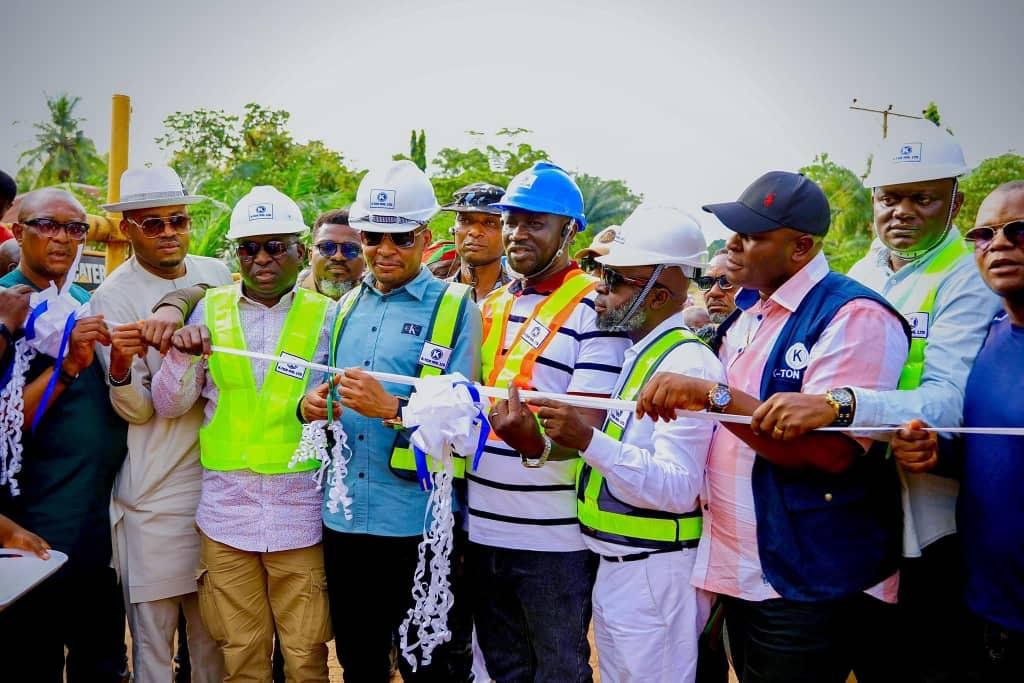US Secretary of State Marco Rubio has confirmed that he will not attend an upcoming G20 meeting in South Africa, following President Donald Trump’s recent threat to cut off funding to the African country.
The G20 foreign ministers’ meeting is set to take place from February 20-21 in Johannesburg, where South Africa currently holds the G20 presidency until November 2025.
Trump’s comments earlier this week have sparked tensions, as he accused South Africa of “confiscating land” and mistreating certain groups of people, without providing evidence. He threatened to cut US funding to the country unless the issue was investigated. In response, South African President Cyril Ramaphosa defended the country’s land reform policies, asserting that no land had been confiscated and that the government’s approach was designed to ensure equitable access to land.
Rubio echoed Trump’s concerns, posting on X (formerly Twitter) that South Africa’s actions were troubling, describing them as expropriating private property and using the G20 to promote issues like diversity, equity, and inclusion (DEI), as well as climate change. He emphasized that his role was to prioritize US national interests and avoid wasting taxpayer money or supporting anti-Americanism.

The land ownership issue in South Africa remains highly contentious, rooted in the country’s history of colonialism and apartheid, which dispossessed Black people of their lands. Despite making up 80% of the population, Black South Africans own just 4% of the country’s farmland, while white landowners control about 75%. To address this, Ramaphosa recently signed a law allowing for land expropriation in the public interest.
The controversy surrounding South Africa’s land policies has drawn comments from figures like South African-born billionaire Elon Musk, a Trump ally, who criticized the country’s land laws as “openly racist.” Meanwhile, Trump has continued to oppose diversity, equity, and inclusion programs, which he sees as anti-merit, though rights groups argue that DEI efforts are vital for addressing historical inequities.









